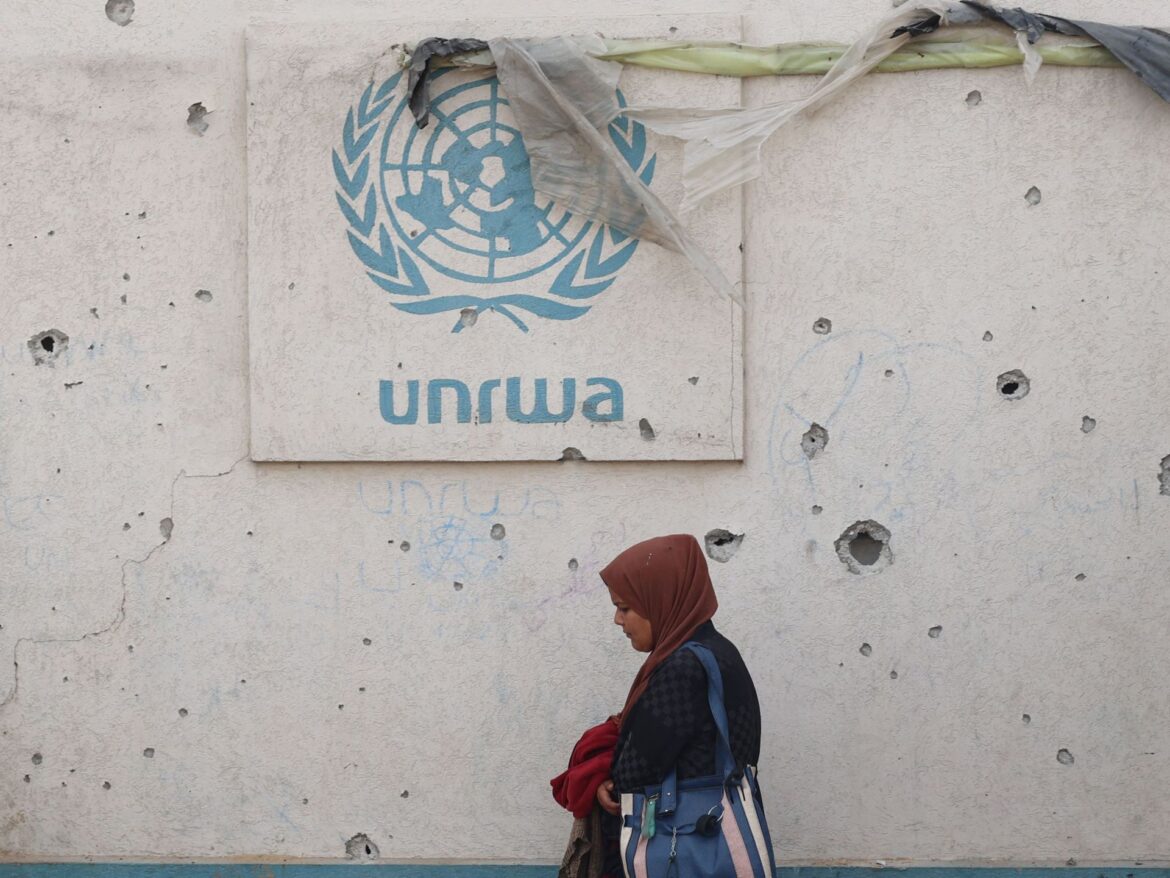The Jerusalem Post newspaper quoted a source in the office of Israeli Prime Minister Benjamin Netanyahu as expecting the passage of two laws to stop the work of the United Nations Relief and Works Agency for Palestine Refugees (UNRWA), while seven countries expressed their concern about Israel’s intention to ban the UN agency.
The Israeli source explained that the two laws include a ban on UNRWA’s work in East Jerusalem, Gaza and the West Bank, after the Foreign Affairs and Security Committee in the Israeli Knesset approved, on October 13, a draft law to ban the agency’s work, paving the way for referring it to a second and third reading vote. In the General Assembly of the Knesset to become an effective law.
Yedioth Ahronoth newspaper said at the time that the Knesset Foreign Affairs and Security Committee approved a draft law by Knesset members Dan Illouz (Likud) and Yulia Malinovsky (Israel Beytenu) against UNRWA.
According to the draft law, the 1967 agreement that allowed UNRWA to operate in Israel will be cancelled, and thus the agency’s activities in the country will cease, and any contact between Israeli officials and its employees will be prohibited, according to the same source.
International concern
Seven countries expressed their deep concern about Israel’s intention to ban the activities of UNRWA, stressing that the agency provides humanitarian aid and basic services necessary to save the lives of Palestinian refugees in Gaza, East Jerusalem, the West Bank and throughout the region.
This came in a joint statement published by the foreign ministers of France, Germany, Britain, Canada, Australia, Japan and South Korea yesterday, Sunday, commenting on the Israeli plan, and the ministers urged “the Israeli government to respect its international obligations and not prejudice the privileges and immunities reserved for UNRWA.”
The ministers said, in the statement: “We express our deep concern about the legislation currently being considered by the Israeli Knesset, which aims to abolish the privileges and immunities of UNRWA, prohibit any contact between Israeli government bodies, officials and UNRWA, and prevent any presence of UNRWA in Israel.”
The countries added that without the agency’s work, the provision of such aid and services, including education, health care and fuel distribution in Gaza and the West Bank, would be severely disrupted if not impossible, with devastating consequences for the already critical and deteriorating humanitarian situation, especially in northern Gaza.
The statement continued, “It is of utmost importance that UNRWA and the United Nations organizations and agencies are fully able to provide humanitarian aid and assistance to those most in need, and to fulfill its tasks effectively.”
This comes in light of the ongoing Israeli escalation against UNRWA, during which its schools and some of its headquarters in Gaza were bombed, amid repeated statements from the agency about restrictions and targeting by Israel, which reached the point of accusing Tel Aviv of torturing a number of its employees to force them to confess to the relationship with the Islamic Resistance Movement (Hamas).
Israel accused UNRWA employees of contributing to the Al-Aqsa flood operation on October 7, while UNRWA denied these allegations, stressing that it “commits to neutrality and focuses exclusively on supporting refugees.”



